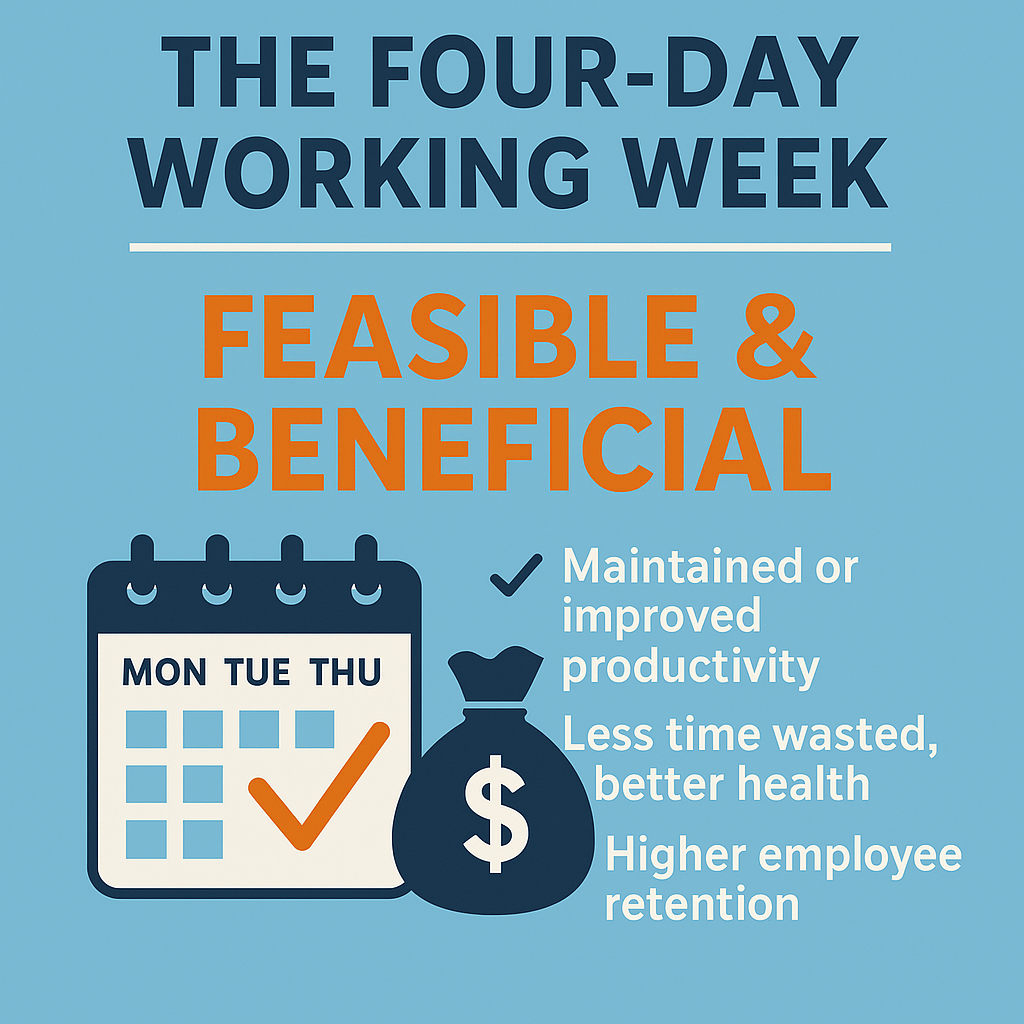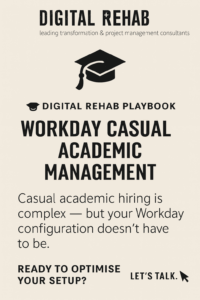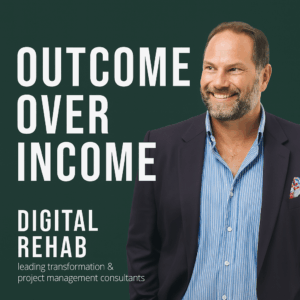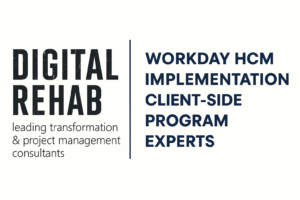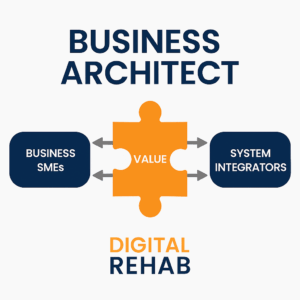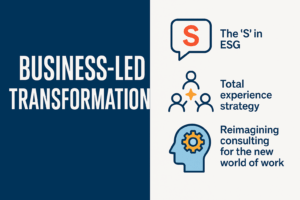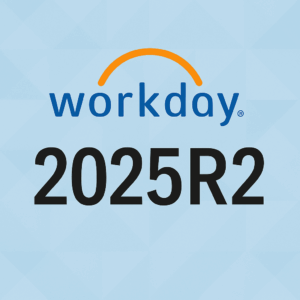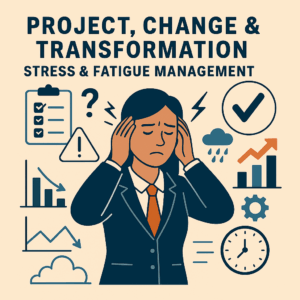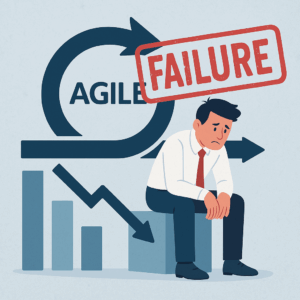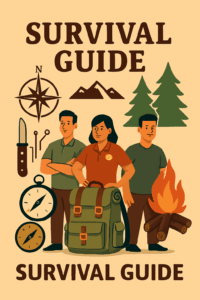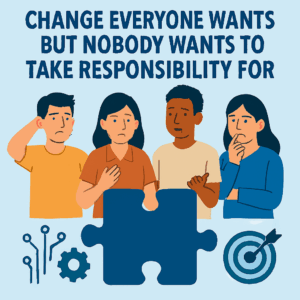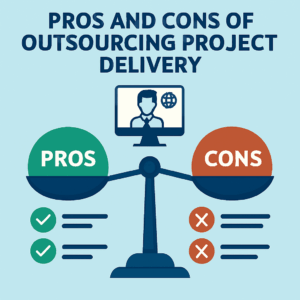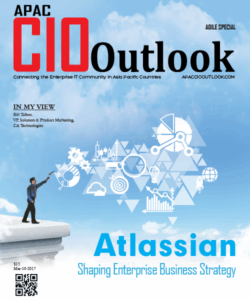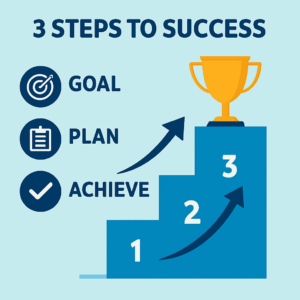As Gen X steps into the leadership spotlight, they bring with them a quiet revolution – one shaped by dual-income households, burnout-witnessed childhoods, and a pragmatic hunger for balance. Simon Kuestenmacher, co-founder of The Demographics Group, recently unpacked this generational shift in a compelling column that challenges Australia to rethink the very architecture of work. Read his article here
At Digital Rehab, we see this not just as a demographic trend – but as a strategic opportunity.
The Four-Day Week: From Fantasy to Framework
Simon’s initial scepticism about the four-day work week is understandable. In a country grappling with chronic labour shortages, the idea of working less while achieving more sounds counterintuitive. But the data tells a different story.
- Britain’s 2022 trial: 61 companies, 92% retention of the model, and productivity either stable or improved.
- Microsoft Japan: A 40% spike in output simply by giving Fridays off.
- Advanced RV (US): A factory floor success story with 95–100% productivity on a 32-hour week.
- Volkswagen (Germany): A four-day model scaled to 100,000 workers during an economic downturn.
These aren’t isolated anecdotes – they’re signals of a broader shift in how organisations can operate smarter, not harder.
Why It Works: Efficiency, Focus, and Human-Centred Design
Simon highlights the “100-80-100” model: 100% pay, 80% hours, 100% productivity. The secret isn’t in working faster – it’s in working better.
- Less time wasted: Fewer meetings, streamlined processes, and sharper focus.
- Healthier teams: Reduced fatigue, lower sick leave (absenteeism), and improved morale.
- Retention gains: Motivated staff are more likely to stay – a critical advantage in a tight labour market for employers.
This aligns with what we advocate at Digital Rehab: transformation isn’t just about technology. It’s about designing systems that elevate people, sharpen processes, and deliver measurable outcomes.
Not a Silver Bullet – But a Strategic Lever
Simon rightly notes that the model doesn’t suit every sector. Round-the-clock roles, presence-based jobs, and care work do pose real challenges. But for knowledge work, creative industries, and even some manufacturing contexts, the four-day week is proving viable – and of value to increasing productivity and combatting mental health issues on the rise.
The key is intentional design. Organisations must rethink workflows, invest in automation, and align expectations. That’s where strategic consulting comes in – helping leaders move from aspiration to implementation.
A Call to Action for Australian Business
Australia’s workforce is stretched. We can’t afford to ignore models that boost productivity while improving wellbeing. The four-day week isn’t just a perk – it’s a rethink of how we value time, talent, and transformation.
At Digital Rehab, we’re inspired by Simon’s data-driven approach and his willingness to challenge assumptions. His work reminds us that demographic insight isn’t just academic – it’s actionable.
Let’s build on that momentum. Let’s design work that works.

